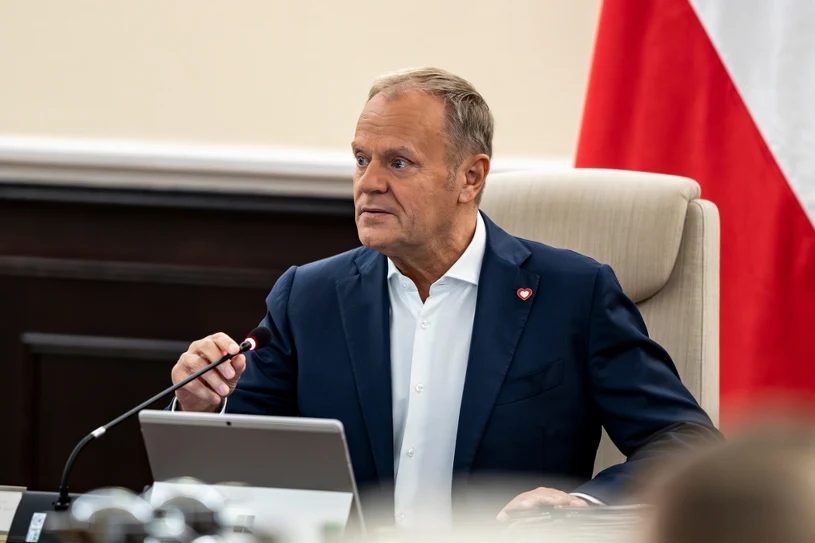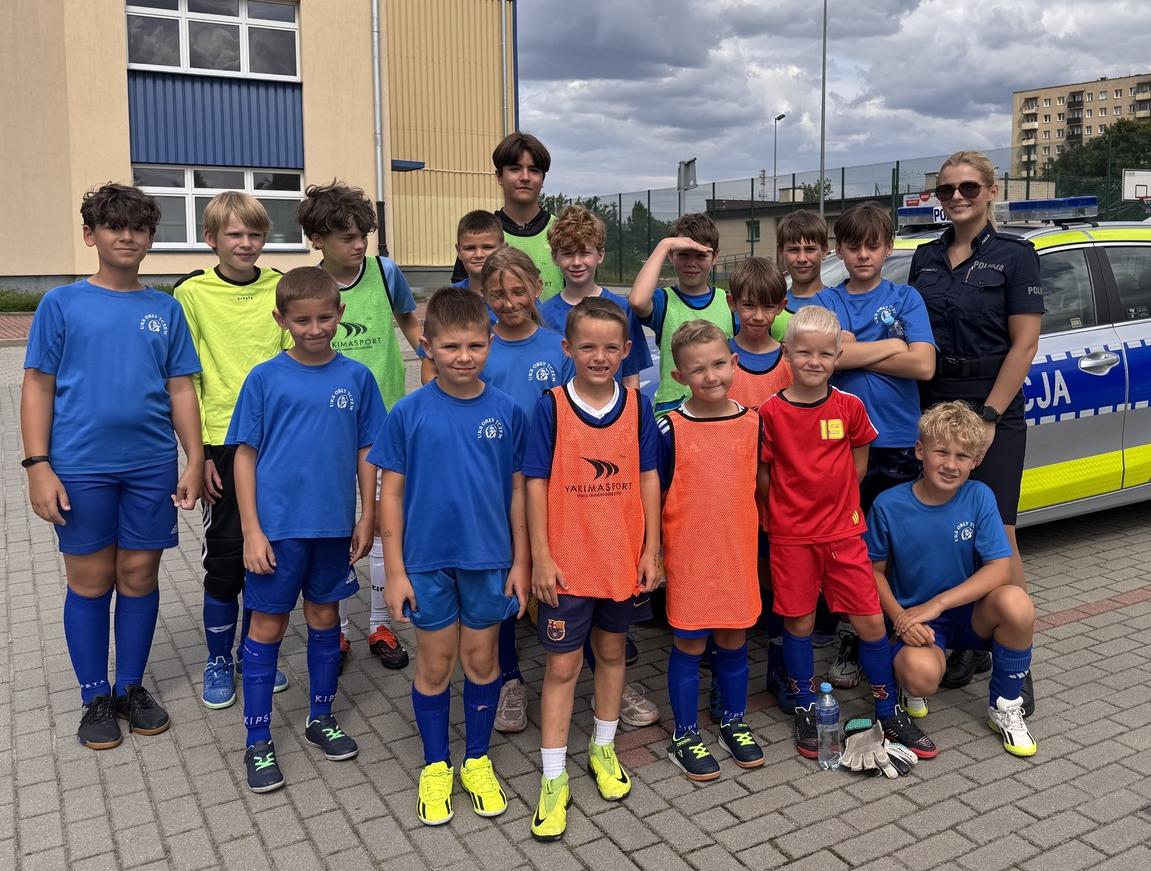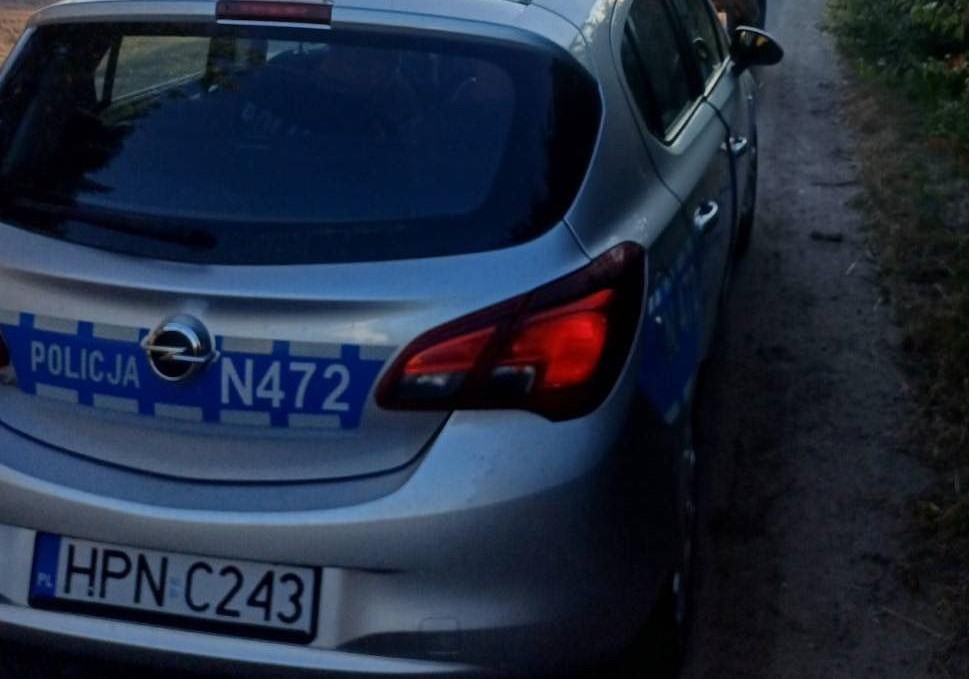There is "every possibility" that similar violence to the Southport riots of summer 2024 could reoccur, a watchdog chief has warned. His Majesty's Chief Inspector of Constabulary and Fire & Rescue Services Sir Andy Cooke said the police service "should not be caught off-guard again".
Disorder broke out after the murder of three girls at a Taylor Swift-themed dance class in Southport on July 29 last year. The violence quickly spread to other areas, with mosques, community centres and libraries attacked whilst hotels housing asylum seekers were also targeted.
Digital age challenges persist
A year later, Sir Andy said the "tools that amplified hatred last summer remain largely unchanged and unregulated". He warned that online misinformation continues to spread and community tensions persist.
"The police service must modernise its understanding of how disorder develops and spreads in the digital age," he wrote in the Sunday Telegraph. Social media and online platforms "amplified false narratives and incited participation at a pace that traditional policing approaches simply could not match".
Recent protests spark concerns
In recent weeks, multiple demonstrations have been held outside the Bell Hotel in Epping after an asylum seeker was charged with allegedly attempting to kiss a 14-year-old girl. Protests have been held in other areas against the use of hotels to accommodate asylum seekers since.
Several demonstrators were detained by police after rival groups gathered at a protest against the use of a hotel to accommodate asylum seekers on Saturday afternoon. The Metropolitan Police imposed conditions on a protest and counter-protest outside the Thistle City Barbican Hotel in Islington, north London.
Nine arrests in London
A man wearing an England football shirt was detained by police after a confrontation with officers. A group of anti-fascist protesters blocked a junction outside the hotel, with officers pushing into the crowd to detain several people, dragging them out by their arms and legs.
At about 3.30pm, police said there had been nine arrests, including seven on suspicion of breaching Public Order Act conditions. A protest and counter-protest also took place in Newcastle outside the New Bridge Hotel and four people were arrested on suspicion of public order offences, Northumbria Police said.
Critical gaps revealed
The inspectorate conducted a review of the police response to last summer's disorder and the findings reveal "critical gaps that left forces unprepared for the scale and nature of the violence they faced", Sir Andy said. Forces were not equipped to deal with the repercussions as the disorder rapidly unfolded.
The national mobilisation plan was activated too late and intelligence systems failed to adequately predict the rising threat. Most concerning of all, forces had not learnt sufficiently from previous instances of disorder, including the need to react to changing public sentiment.
Intelligence strategy needed
"At a time of national emergency, the police intelligence strategy - necessary for forces to respond effectively - should be clear and obvious to all," Sir Andy said. He added that it is "vital" that forces learn from these events and "strengthen their response to future instances of disorder to make sure the public are kept safe".
It is "positive to see that the police have worked with others to improve the provision of intelligence to national and local commanders", he said. The police service hasn't kept pace with the fast-developing nature of online communications, he warned.
(PA/London) Note: This article has been edited with the help of Artificial Intelligence.









